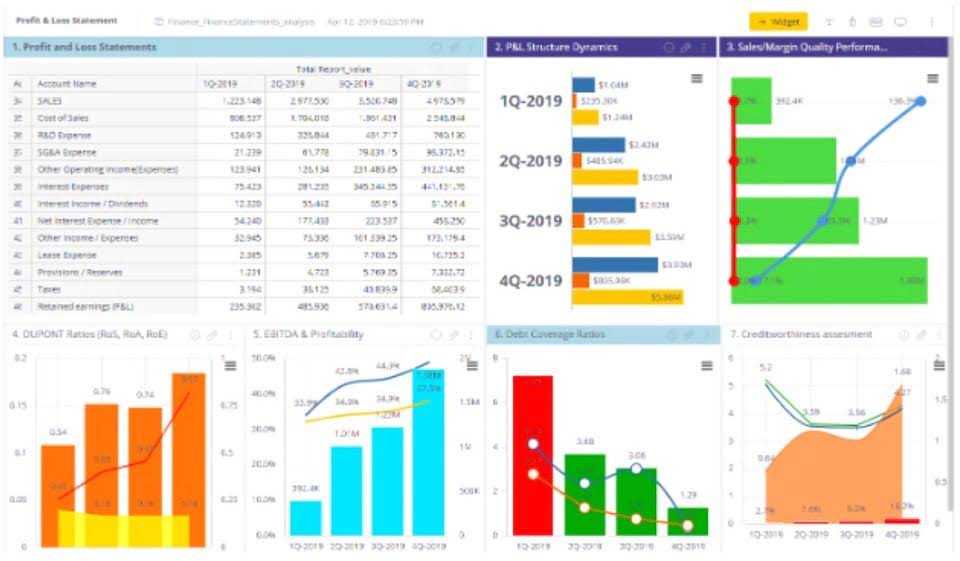
You’ll be able to see how much you’re really making after factoring in things like extra staffing or higher inventory costs. However, as your business grows, you might need to switch to accrual accounting for a more accurate reflection of your financial health and to comply with GAAP if applicable. Accrual accounting can also be more helpful if you’re looking to scale your business or attract investors because it provides a clearer picture of long-term profitability. With FreshBooks, you can send professional invoices, calculate expenses, accept payments online, and more using industry-standard double-entry accounting.
Building Business Credit: Why It’s Vital for Growth
- Accrual basis accounting requires matching expenses to revenues whenever possible.
- In our landscaping example, we recognize revenue in December, even though we receive it in January.
- This method records revenue in the profit and loss statement when the product or service is actually paid for by the customer, regardless of when it was delivered.
- The accounting journal is the first entry in the accounting process where transactions are recorded as they occur.
- The revenue from a service would be recorded as an accrual in a company’s financial statements if the company has performed a service for a customer but hasn’t yet received payment.
A corresponding interest liability will be recorded on the balance sheet. An example of an accrued expense for accounts payable could be the cost of electricity that Bookkeeping for Veterinarians the utility company has used to power its operations but hasn’t yet paid for. The utility company would make a journal entry to record the cost of the electricity as an accrued expense in this case. This would involve debiting the “expense” account and crediting the “accounts payable” account. An accrual is a record of revenue or expenses that have been earned or incurred but haven’t yet been recorded in the company’s financial statements. This can include things like unpaid invoices for services provided or expenses that have been incurred but not yet paid.
Transitioning from cash basis accounting to accrual basis accounting
In addition, the Tax Cuts and Jobs Act introduced new Section 451(b), which accelerates the recognition of income for some accrual-method taxpayers and adds a layer of complexity to the overall method changes. We record revenue as it is earned (recognize) and we also record a receivable, which is basically and IOU from the customer to us. Later, when the cash is received, we eliminate the receivable, which is an asset to us because we own it and it is worth money, and we show a deposit in our bank account.

Difference Between Cash and Accrual Basis of Accounting Explained

If you run a small business that mostly deals with cash transactions, then the simplicity of the cash basis method might make it the better choice. Whether you use accrual accounting or the cash basis method, FreshBooks’ secure and simple accounting software makes it easier for small businesses to create helpful balance sheets and keep their finances on track. Accrual accounting is an accounting method in which the accountant records revenues and expenses when they are earned or owed, regardless of when the cash is actually received or paid out. Accrual accounting is a way for businesses to manage their financial activities.
For example, let’s say a client requests a service on April 30th but does not make a cash payment until May 30th. With cash accounting, the revenue generated for the service will not be recognized until cash is received on May 30th. Accrual accounting makes it easy to get an accurate picture of your company’s financial health, as you can not only see the money you’ve earned but get the full picture of accrued liabilities and revenue. This also makes it easier to get new investors on board, as you can if your company uses accrual basis accounting, what do you need to pay special attention to? provide concrete evidence of how your business is doing. Deferred revenue is the term used when your business has received payment for a good or service you haven’t yet provided to them.

This distinction helps a business differentiate between when they are making money and when they are collecting money. If Pete’s Tire World was operating on the cash-basis of accounting, they would recognize revenue from this sale in Q2 (assuming their fiscal year matches up to a calendar year), as the payment came in April. If the business buys goods based on a net 30 invoice, for instance, the expense is accounted for when the goods are received — not up to 30 days later when the invoice is paid. Accrual basis accounting ensures entrepreneurs, small businesses, and large enterprises alike understand their financial positions more accurately at all times. The bonus is paid in 2018 based on 2017 results of operations as shown on the audited financial statements.


But it can also be too complicated and expensive payroll for small business owners. As mentioned above, businesses that track inventory must use accrual accounting, and retailers are no exception. As soon as you sell a product, it records the cost of goods sold (COGS), which gives you a better idea of your true profit on each sale. Accrued expenses are similar to accrued revenues in the sense that you were recording when the transaction happened, and not when there’s a payment.
